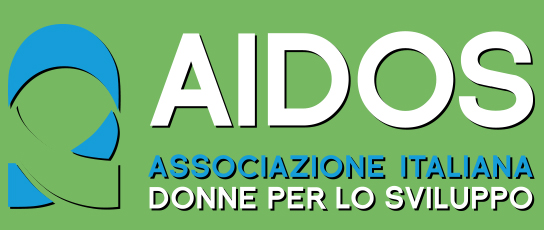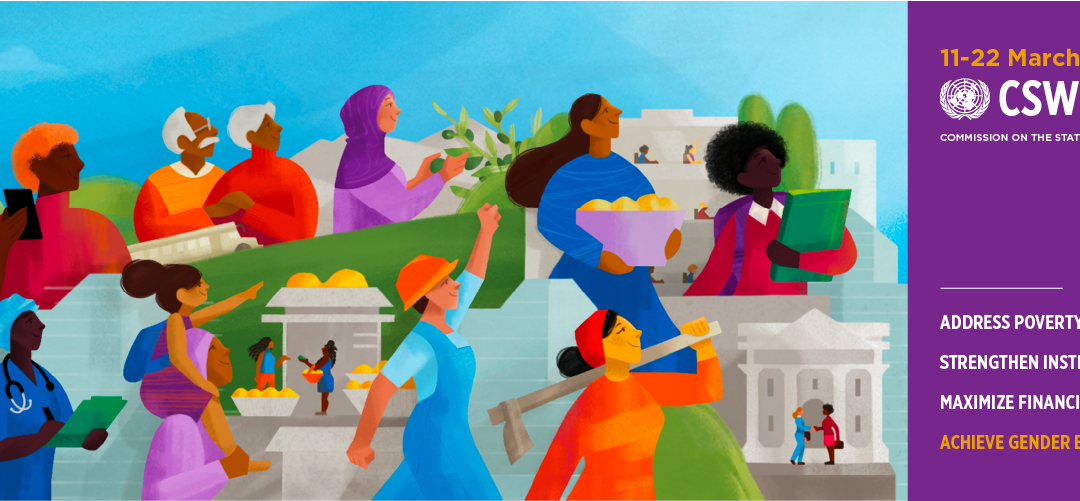The sixty-eighth session of the Commission on the Status of Women (CSW), the main UN body dedicated to women’s rights and gender equality, took place in New York from March 11 to 22. This year, the focus of the Commission’s work was on accelerating the achievement of gender equality and empowerment of all women and girls by addressing poverty and strengthening institutions and financing with a gender perspective.
The international civil society worked in synergy to monitor the entire process as every year, ensuring the accountability of governments and of the multilateral system through the Women’s Rights Caucus (WRC), a global intersectional and inclusive coalition of more than 200 feminist organizations, networks and collectives advocating for gender equality, of which Aidos is a member. With the WRC, Aidos followed the work of the CSW to bring gender transformative instances, with an intersectional approach, such as calling for a comprehensive analysis of poverty in its gendered dimensions to address its structural causes, strengthening the language on human rights, paying greater attention to the interconnections between sexual and reproductive health and poverty, and strengthening social protection and public services to enable women and girls to lift themselves out of poverty.
The agreed conclusions, adopted on Friday, March 22, include important progress on language related to fiscal cooperation and debt cancellation and restructuring for countries in the Global South, on the recognition of unpaid care and domestic work, and the need to produce disaggregated, individual-level data on poverty, which is usually measured at the level of family units. However, member states missed the opportunity to make explicit links between poverty and climate change, which disproportionately affects women and girls, as well as explicit links between poverty and access to sexual and reproductive health and rights. In addition, significant resistance was observed during the negotiations on gender-expansive language, with several member states challenging even long-established agreed language on gender in the text, including “gender-based violence,” and showing little flexibility on issues related to sexual and reproductive health and rights. Despite the resistance, references to “gender-based violence” and “sexual and reproductive health” were eventually retained in the text.
Read the UN Women press release.
Read the WRC press release.
Read the Agreed Conclusion.

